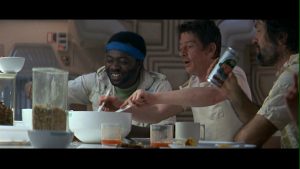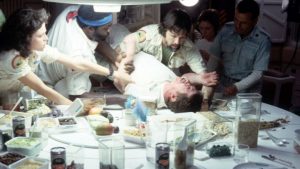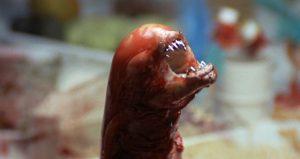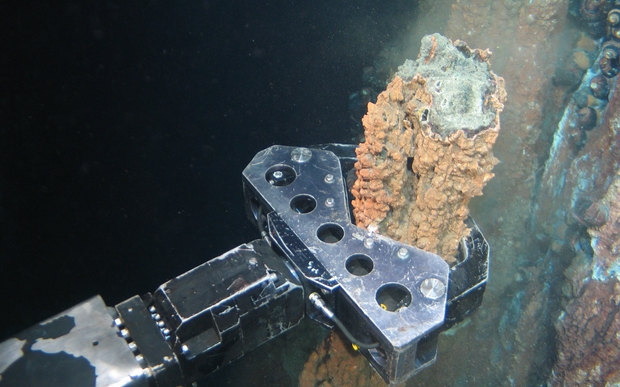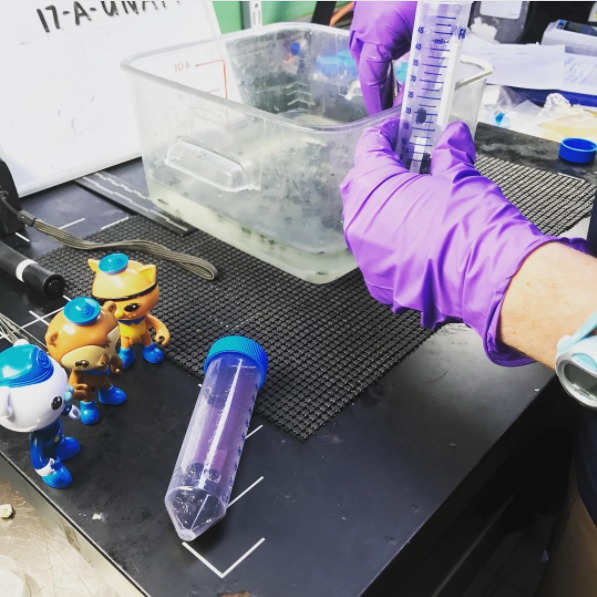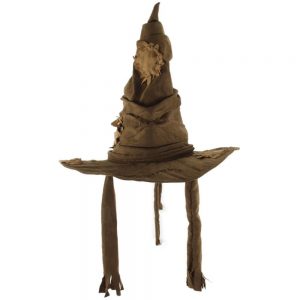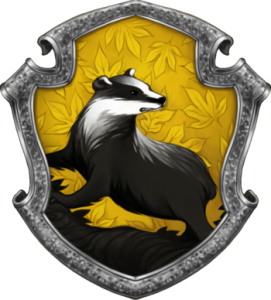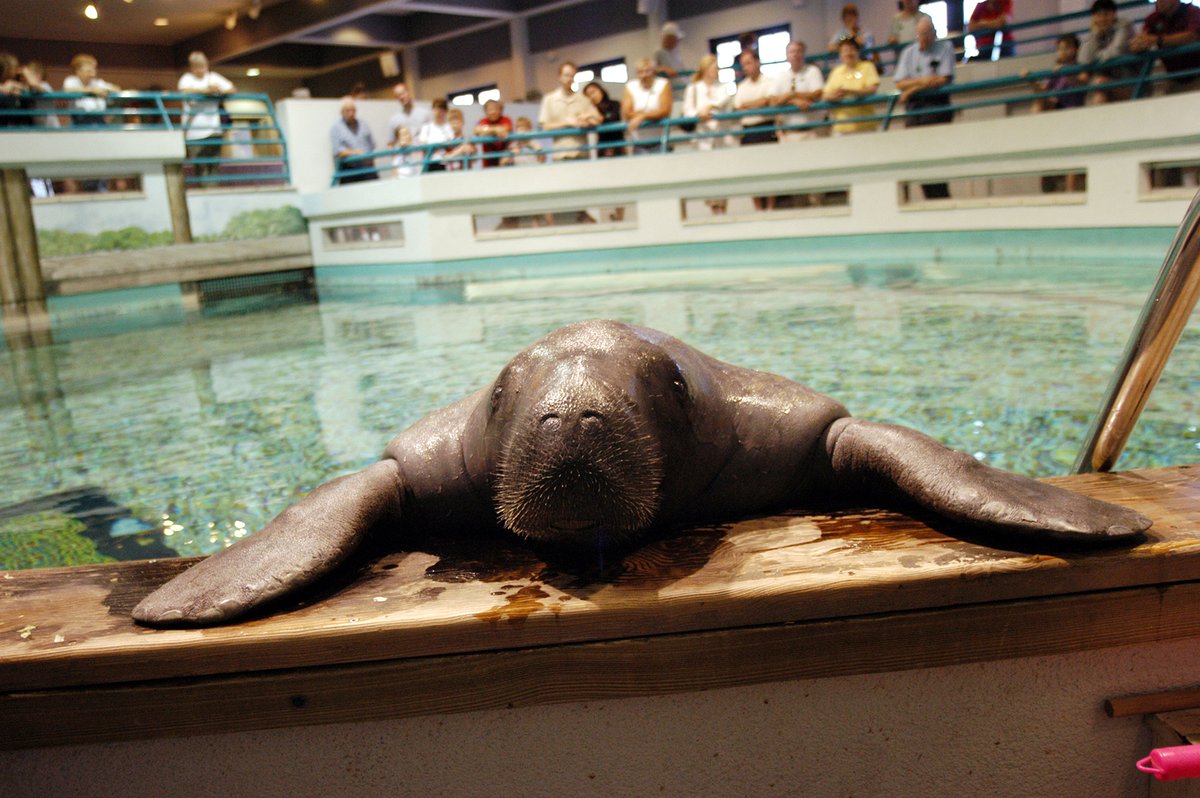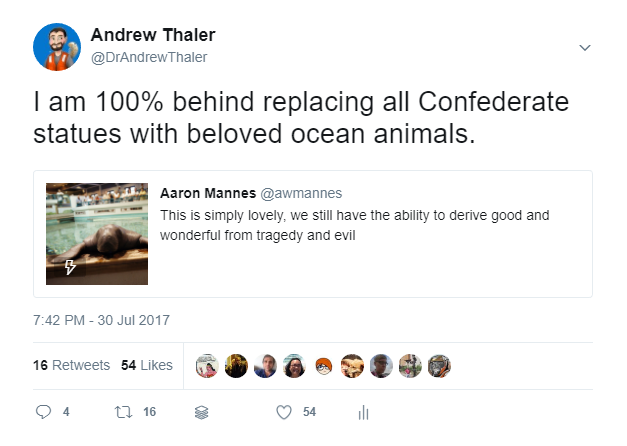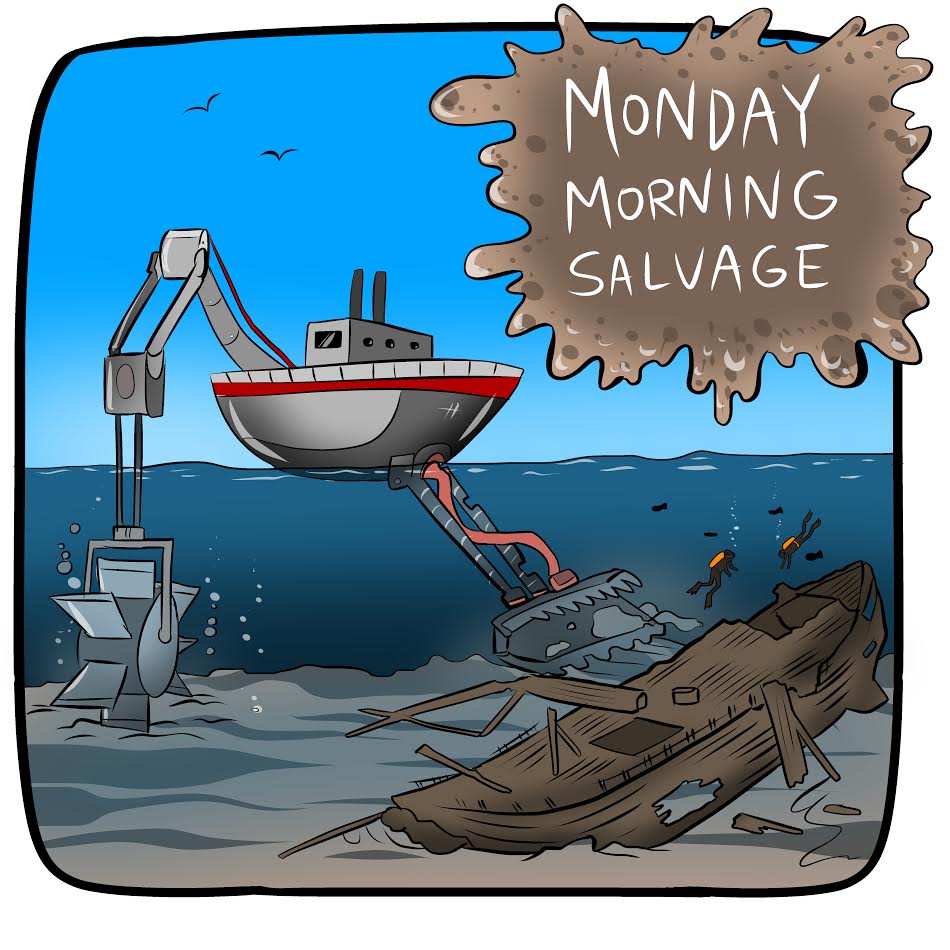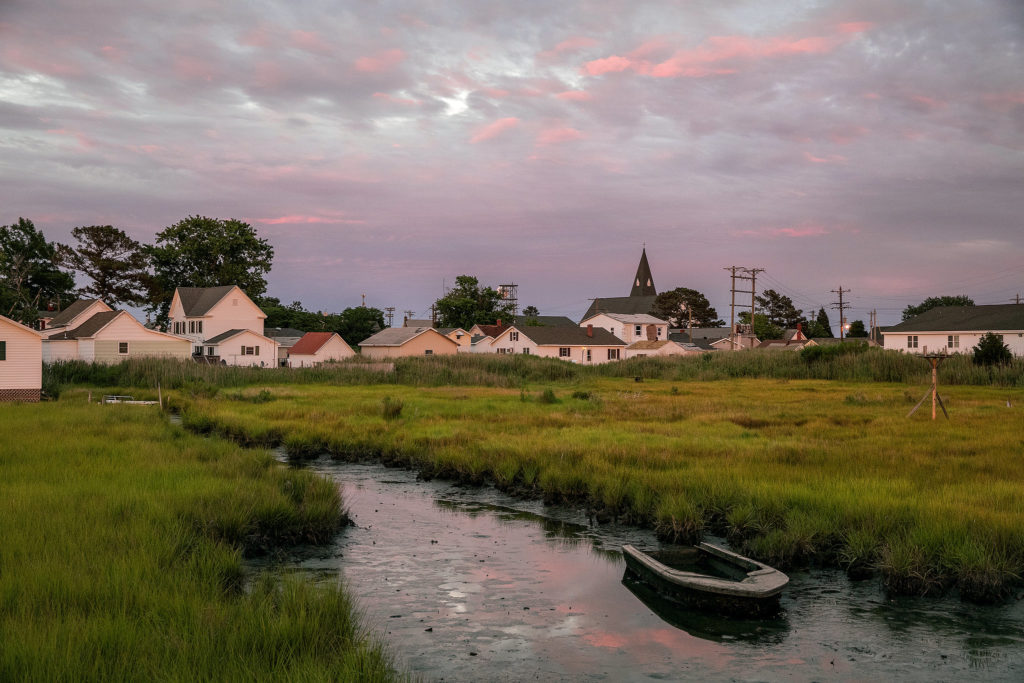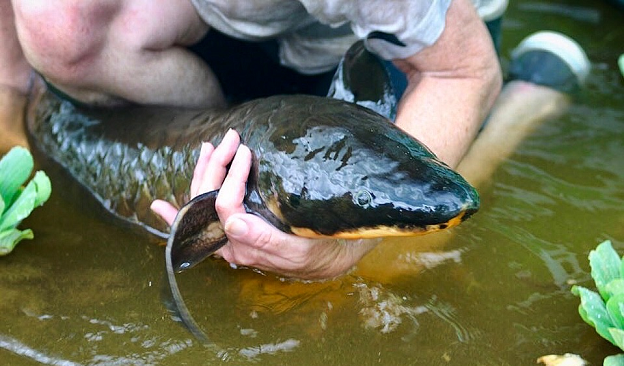As a provider of advice on how to do effective conservation, Southern Fried Science has previously looked to such as The Game of Thrones for inspiration. Today we look at another famous source of conservation tips: Alien (and Aliens)…
A single charismatic animal can be a great motivator for action.
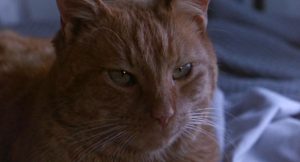
Scientists sometimes have self interests that can derail a project.

Just when you think everything is going ok a crisis hits…
Read More “Everything you need to know about conservation you can learn from Alien(s)” »
